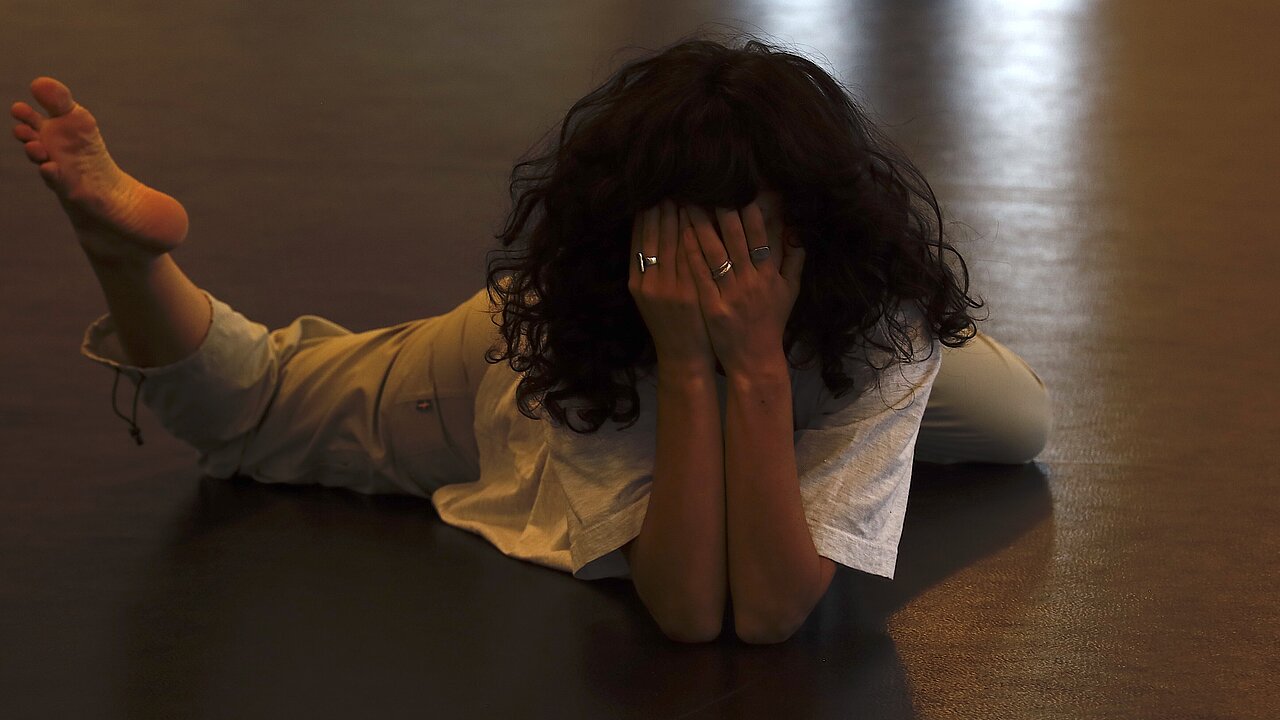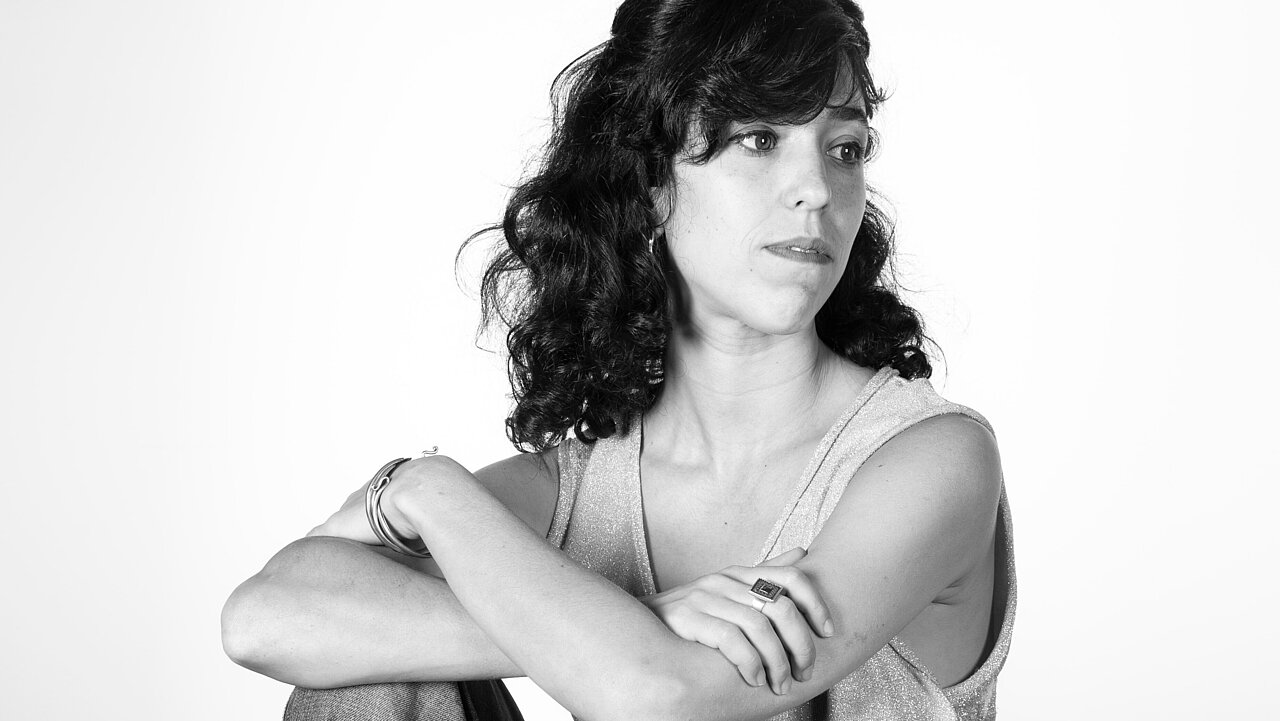Chen Nadler
Artistic Exchange Residency 2025
Chen Amor Nadler (1992) is a choreographer and dancer based in Helsinki. Her work unfolds in the meeting space of dance, community, and philosophy through transcultural and cross-disciplinary approaches.
In her artistic work, she is interested in performance as a site of transformation where micro-political gestures emerge. Rooted in transcultural contemporary and traditional dance influences as well as lived realities, Chen loves to explore what the body can do—celebrating the knowledge carried by individuality and awakened through the collectivity of dancing bodies. Her creative search engages with the dilemmas of meeting the other: the emotional, energetic, and political forces that emerge from human encounters, along with the ethical questions and responsibilities that follow.
Chen’s work takes various forms, including interdisciplinary gatherings, performances, and video art projects, presented at international festivals. Shaped by both Western dance techniques and traditional, folk, and ritualistic practices, she welcomes the body as multiplicity—in a state of becoming—while questioning the in-between space of performers and audiences, inspired by its uncertainty and tension. Through this, she hopes to generate connections, resilience and the possibility of a chaotic folklore.
She co-facilitates inclusive community projects in Germany and leads a multidisciplinary jam project in Helsinki, supported by the city’s cultural grants. In 2025, her stage work The Feast—created with dancers, musicians, and designers—received a grant from the Finnish Cultural Foundation. In 2024, she hosted a workshop at ImPulsTanz – Vienna International Dance Festival, sharing her bodily-visiting practice, which draws on rituals rooted in her Moroccan ancestry.
Chen holds an MA in Choreography from the Theatre Academy in Helsinki (2025), has studied for a B.Ed. in Steiner and Social Education (Haifa and Helsinki, 2022), and holds a professional dance certificate (Tel Aviv–Jaffa, 2013).
Visiting Practice
Workshop by Chen Nadler
During her Artistic Exchange Residency, Chen Nadler teaches a workshop at Workshop Foundation Budapest.
The visiting practice is a playful framework facilitated by Chen Amor Nadler. It invites dancers, movement lovers, and multidisciplinary artists to explore connections with their body, time, space, and the “other” through embodied tasks.
In the session, we shift between individual, partner, and group explorations: collective scores, improvisation, welcoming gestures and reflective dialogue. Participants are invited to enter the notion of “visiting”—to meet, experiment, and discover different physicalities, ideas, dynamics, and textures. We welcome repetition and pleasure, notice small changes or adaptations in relation to time, space, and each other, and then let them go to invite new ones. By entering choreographed situations, we engage with the body as a fluid landscape of knowledge, relationships, and responsibility toward the “other.”
This practice is shaped by Chen’s transcultural background and embodied professional experience. It draws on Eastern dance practices as well as traditional dances and rituals from Romania, Morocco, and the Middle East. Chen has gathered and adapted rituals, ceremonies, and collective gatherings of music and dance, questioning, opening and reshaping them into a framework that reflects and responds to today's atmosphere.
Embodied movement tools – Engaging with dance, the body, and individuality. These tools support participants in deepening their awareness of their own physicality and expressive potential. The body is approached as a rich “soup” of knowledge—holding potential, history, and diversity all within one body.
Performative tools – Exploring performativity and social connection, often through attention to the gaze. These tools invite participants to reflect on how presence and relationality shape the experience of being seen and seeing others.
Choreographic tools – Approaching choreography as a way of facilitating space and flowing with the idea of ‘what is already here’. This includes attending to the micropolitics of movement: looking beyond the performer’s body to consider how people meet in shared space and time. Through this lens, bodily knowledge becomes a means to investigate ethics, agency, and communal interconnectedness.

